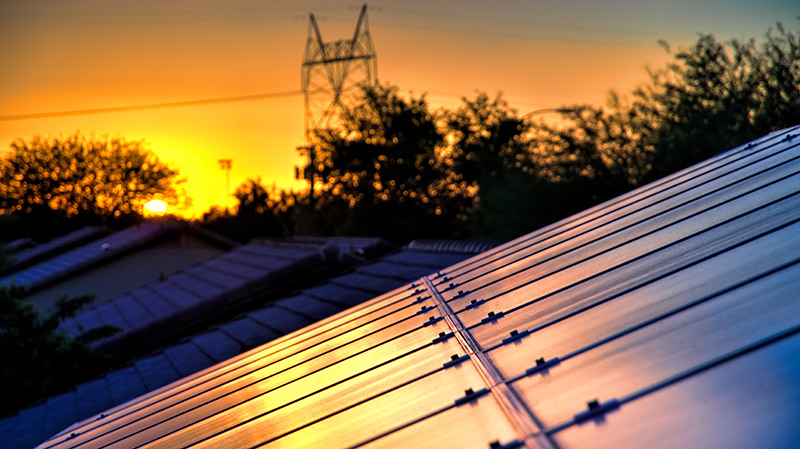September 13, 2021
Phoenix, (Sept. 13, 2021) – Western Resource Advocates today commented on the vote by the Salt River Project’s (SRP’s) District Board to approve a $953 million expansion of gas-fueled generators at the Coolidge Generating Station:
“SRP can and should do more to accelerate a clean energy transition that will have measurable results in reducing its carbon dioxide emissions that contribute to climate change,” said Adam Stafford, Western Resource Advocates’ senior staff attorney in Phoenix. “From more frequent wildfires and intense drought to prolonged heat waves, Arizonans are already facing the severe consequences of climate change. We acknowledge SRP’s obligation to provide reliable and affordable service. But to avoid climate crisis, we also must reduce emissions from the power sector at least 80% by 2030 compared to a 2005 baseline. We urge the SRP board to immediately revisit its sustainability goals to adopt mass-based emissions reduction targets that put the utility on a path to align its actions with the best available climate science and protect a healthy, livable climate for Arizonans.”
In light of the Intergovernmental Panel on Climate Change’s (IPCC) major new report released this summer, SRP’s board should begin the process this year to revisit its 2035 Sustainability Goals that were approved in 2019 and adopt new and measurable carbon dioxide emission reduction targets that reflect the urgency of averting a climate crisis. SRP should not wait until 2024 to revisit its emission reduction goals, as currently planned.
The global scientific consensus reflected in the IPCC report is that some of the devastating impacts of climate change cannot be averted, due to our decades of fossil-fuel use. However, if we take urgent action to reduce greenhouse gas pollution, we can stop the problem from intensifying. With the science clear that the situation has never been more urgent, we don’t have any time to lose in planning for our clean energy future.
SRP should move quickly to adopt mass-based targets for reducing its carbon dioxide emissions and accelerate the timeframe of those reductions to better reflect what science says is needed to act on climate change. The warming trend due to climate change has been steady and persistent for Arizona and the rest of the Southwest, according to the National Weather Service, raising serious issues for the future that include availability of water, wildfire conditions, and utilities’ forecasts of energy use.


